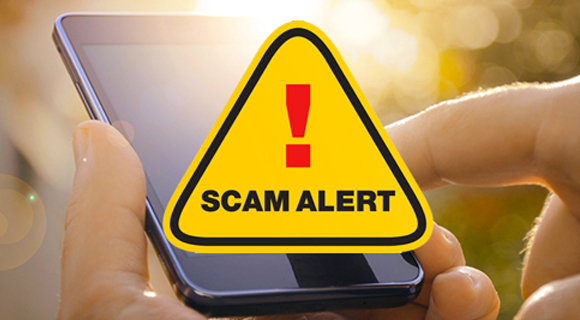SCAM ALERT: Scam Artists Can Trick Businesses, Non-Profits Into Buying Items They Didn’t Order
By Rosario Méndez, Attorney Consumer and Business Education // July 11, 2017

FLORIDA – Some scammers specialize in tricking people into paying for things they didn’t order. They often target businesses because they know that, in some businesses, the people who order supplies and the people who pay the invoices might not talk all the time.
The scammers bet on the bill-payer assuming the invoices are for things the company actually ordered. And if the scammers are right, they can cash in big.
That’s what happened to businesses that fell prey to two schemes the FTC shut down. The FTC filed these lawsuits in 2016 and 2014. Today, we can tell you that these companies can’t go on tricking business’ employees anymore.
These two companies’ fraud targeted a wide range of businesses and nonprofits: from churches and family-owned small businesses, all the way to hospitals, hotels, and even an airport. Their schemes resulted in businesses paying thousands of dollars for supplies (lightbulbs, hand cleaners, kitchen cleaners) they didn’t order or want.
One organization paid over $20,000 before it caught on to the scam and stopped paying for the recurring shipments. And that was the right thing to do – not pay for unordered products.
Here’s how you can protect yourself and your business from unordered merchandise scams:
• If your business or a place where you volunteer receives merchandise no one ordered, the law says the vendor cannot legally collect on it. You don’t have to pay for it, even if someone used the supplies before you realized they were unordered. You don’t have to return it either.
• Make sure your staff – including anyone who answers the phone – knows who has authority to order and pay for supplies. Scammers may target less experienced employees or occasional volunteers.













